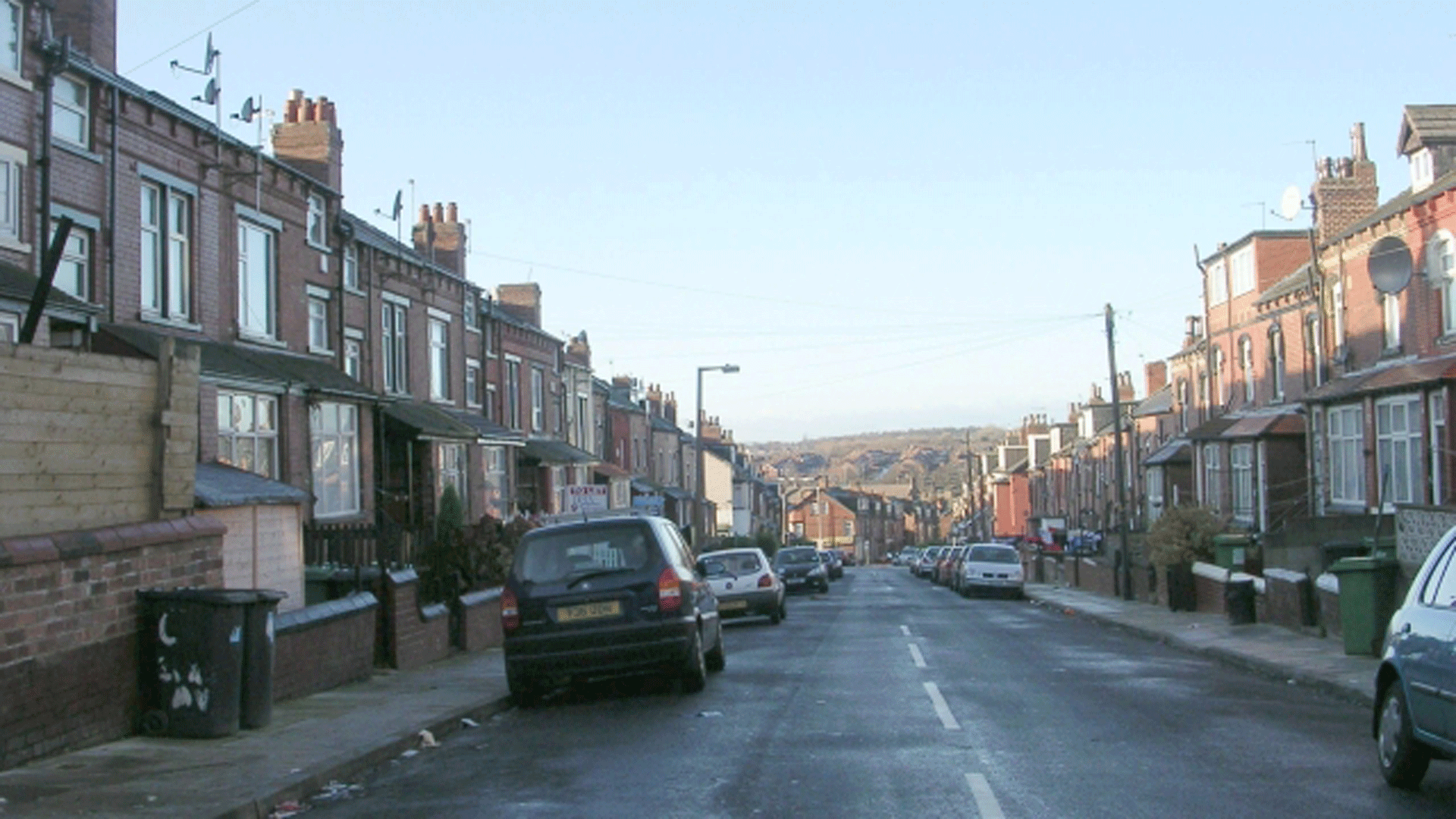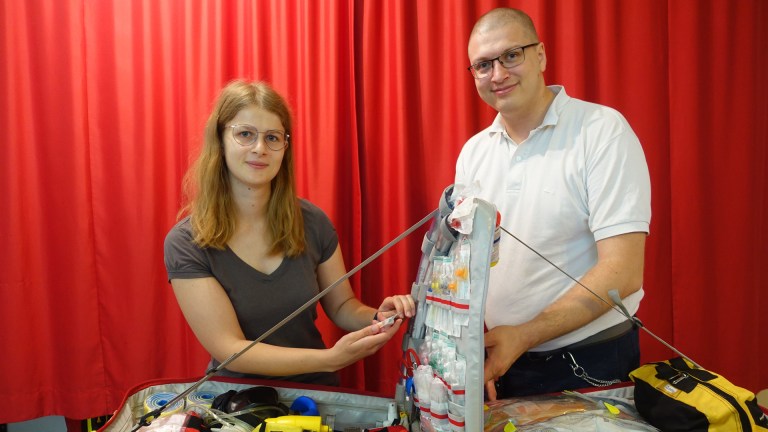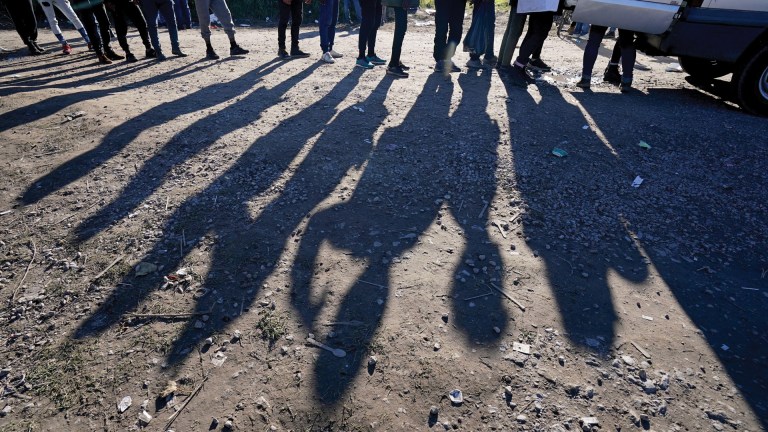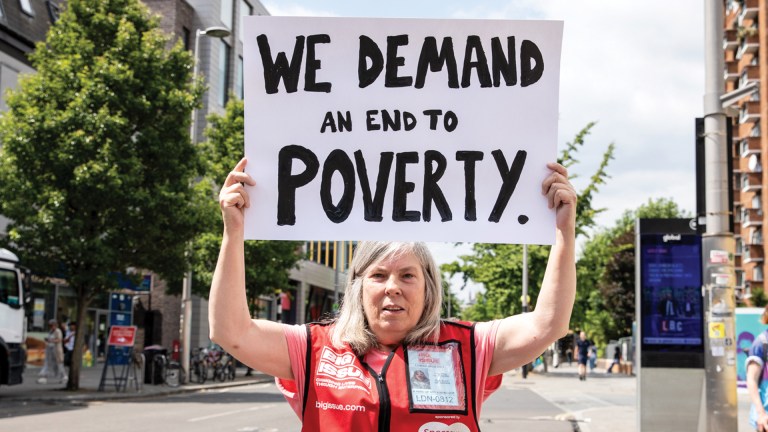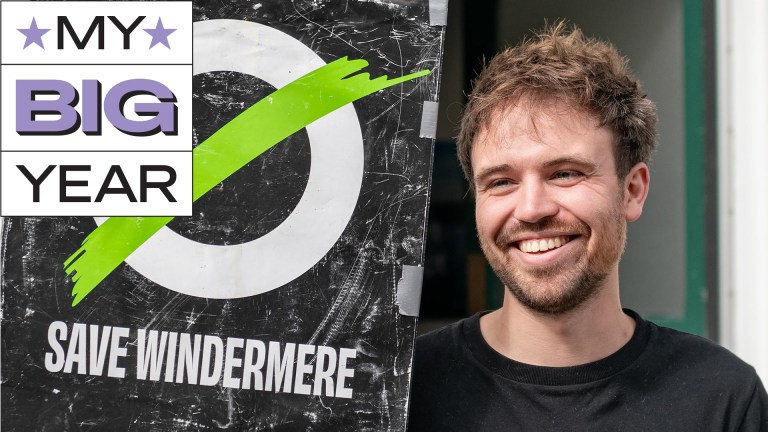“You’ve got communities who are disengaged, there’s not enough for people to do and there’s malcontent with the way life is, particularly among young men. People in these situations often feel completely overlooked, unseen and unable to get their voice across. That can quite often bubble over into other things.”
The local council has been working on community integration for a long time, says Paul Money, chief officer of the Safer Stronger Communities Team at Leeds City Council.
“For some of our new communities there can be issues of trust with organisations such as the council and police, based on how those services work in other countries. We work hard to address the issues this creates, including engaging with people to build relationships. In terms of the Roma community, we work closely with trusted members of the community, voluntary organisations and employ people with lived experience in Harehills to support migrants to integrate.”
When asked whether the unrest demonstrates that this approach has failed, Money is clear.
“An event like this can happen anywhere. It was shocking and unexpected. We’re making it less likely to occur again in Harehills by doubling down our existing approach as well as putting additional support in place through a recovery plan, which is designed to help those affected by the disruption.”
In practice, this has meant providing support for local businesses and residents, as well as acting on their needs. For example, the council allowed a vigil to go ahead the night after the disorder when the community asked for permission, despite concerns about further unrest.
Well-known local individuals have also taken the lead in bringing Harehills back together.
“When people are scared and have faced adversity, seeing local people that they know and trust take the lead is really important” says Mary Harland, Leeds City Council’s executive member for communities.
In Harehills, this meant local councillors being among the first people clearing up the streets, and dispelling false information about the cause of the disorder spread by the far right.
“We used local representatives and platforms to correct the narrative,” explains Harland. “Prominent figures in the Leeds Roma community agreed to post an accurate account of recent events on their community news blog. It got 2,500 views almost immediately.”
Using local champions to build strong communities and prevent disorder is becoming increasingly common, with national organisations such as We’re Right Here hiring ‘community leaders’ across the country to lead local campaigns and empower their area.
These are not lost spaces where nobody cares
However, initiatives in many areas, including Harehills, are suffering from a lack of funding according to Etherington.
“A lot of these communities are very resilient, very strong, and full of fantastic people who care a lot about their community, but they don’t have resource to do anything about it.”
There is still hope though, says Etherington, as most people have huge pride in their communities.
“These are not lost spaces where nobody cares. People really care about the place they live in, and often really love the place they live in. It’s important to them.”
Do you have a story to tell or opinions to share about this? Get in touch and tell us more. Big Issue exists to give homeless and marginalised people the opportunity to earn an income. To support our work buy a copy of the magazine or get the app from the App Store or Google Play.
